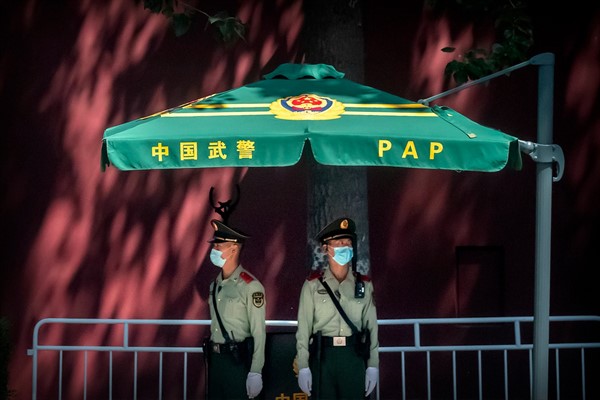One sweltering night some years ago, well after I had finished eating dinner, I received an urgent knock on my front door. I was spending a summer in Hanoi, and had just moved into an apartment in a quiet, residential area.
My late-night visitor turned out to be a young Vietnamese police officer in uniform. As I often did in such encounters, I tried to keep the interaction as brief as possible by acting confused and answering his questions in English. But then, a middle-aged woman, whom I recognized from the neighborhood, emerged from the shadows and said, “He speaks Vietnamese! I’ve heard him!”
My cover blown, I reluctantly invited the officer inside, where I spent the next half-hour answering his questions about my background, my business in Vietnam, how long I planned to stay, how I had found my apartment and other personal information. He wrote everything down and took copies of my passport and visa. Once he was done, he politely thanked me for my time and left.

